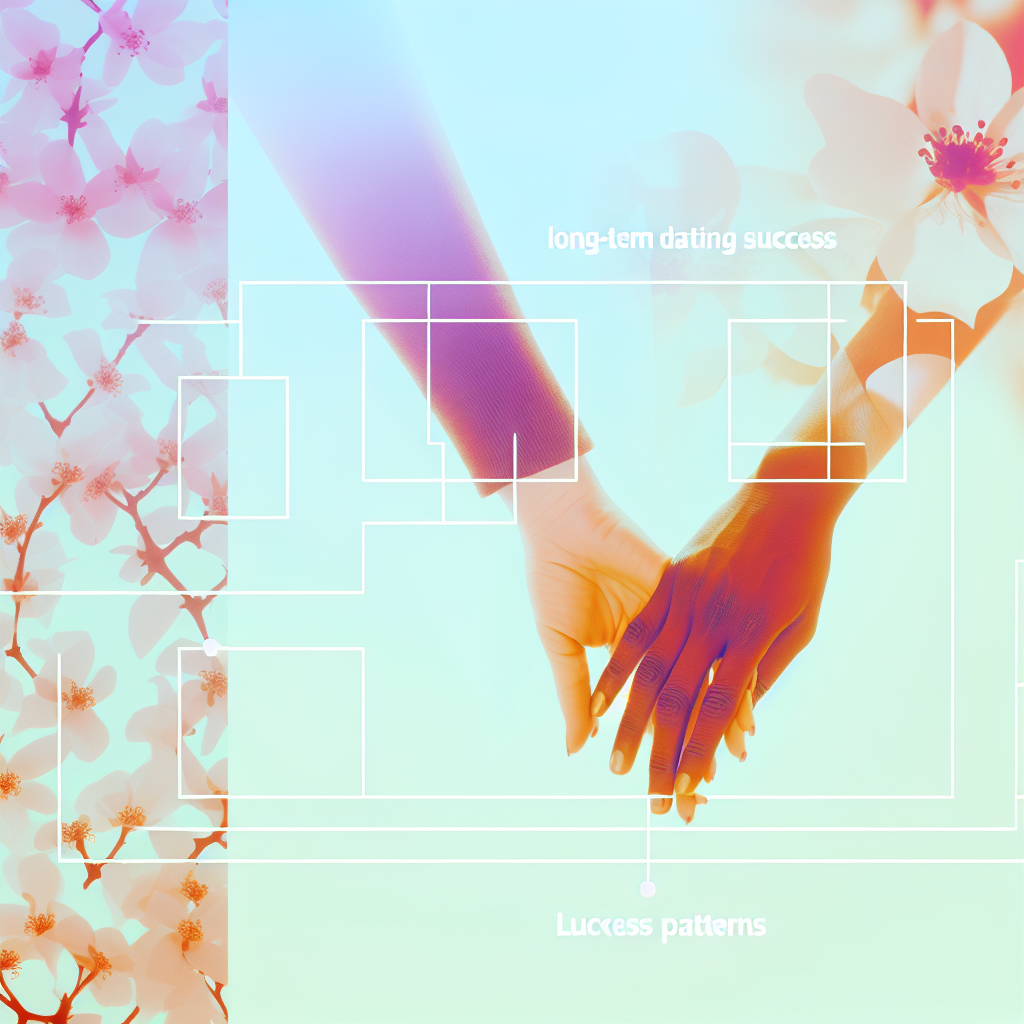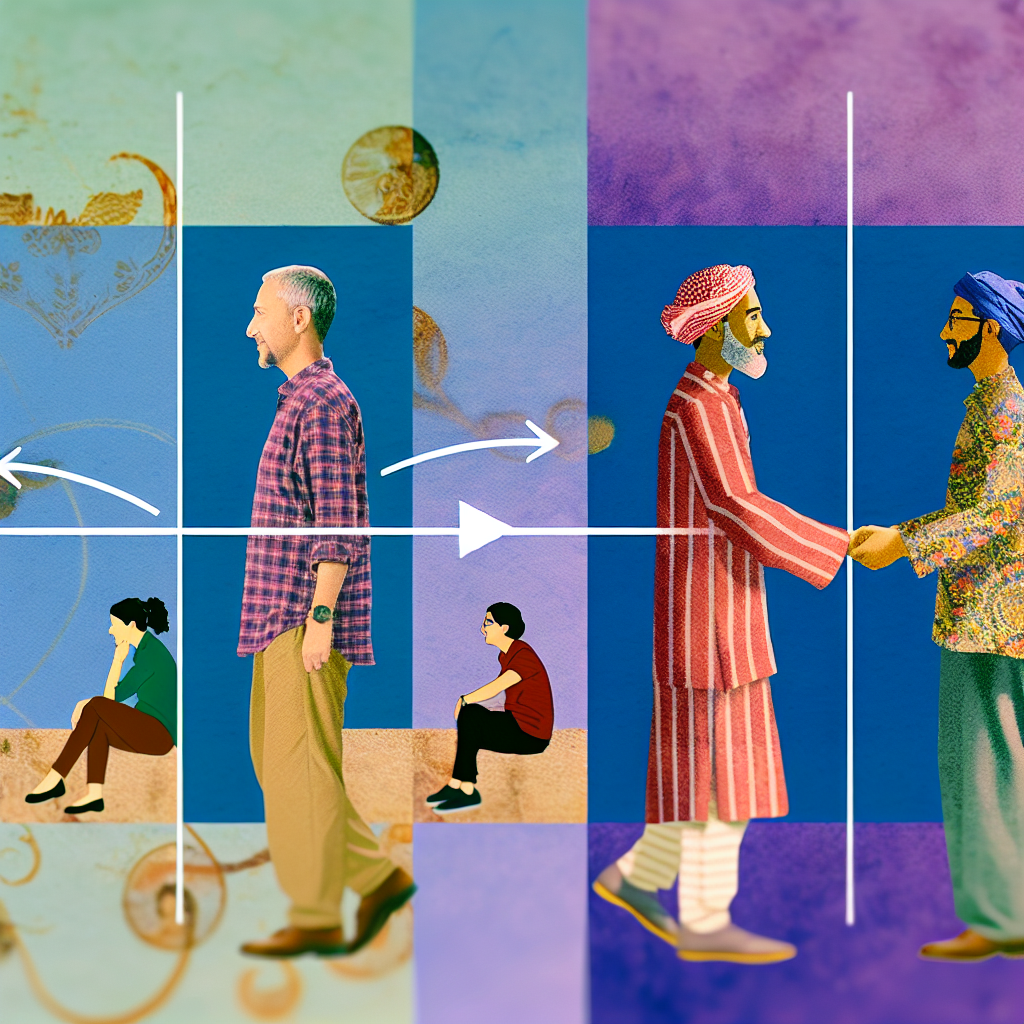Long-Term Dating Success Patterns: Secrets to Lasting Love
Introduction
Finding lasting love is a universal desire, but maintaining a fulfilling, long-term relationship goes beyond infatuation or attraction. While chemistry sparks the initial connection, sustaining a relationship requires intentional effort, emotional intelligence, and proven success patterns.
Through years of research, psychologists and relationship experts have identified core behaviors, habits, and attitudes that contribute to long-term romantic success. Whether you’re just starting to date or have been in relationships before, understanding these success patterns can improve your chances of finding and maintaining meaningful love.
In today’s dating era, singles between 18 and 80 face a unique mix of opportunities and challenges. Dating apps, social media, and modern communication styles have reshaped courtship dynamics. However, despite changing times, the foundational qualities that contribute to long-term relationship success remain consistent. Studies show that qualities like emotional connection, shared values, communication effectiveness, and mutual respect form the backbone of lasting relationships.
Research-Based Success Patterns in Long-Term Dating
Various psychological and medical studies have analyzed long-term relationship patterns, revealing what habits lead to success in romantic partnerships. Below are some research-backed principles that contribute to lasting relationship success:
1. Effective Communication: The Cornerstone of Relationship Success
According to Dr. John Gottman, a renowned psychologist and relationship expert, communication quality is one of the strongest predictors of relationship longevity. His research through the Gottman Institute found that happy couples maintain a 5:1 ratio of positive to negative interactions. This means that for every negative exchange (such as criticism or disagreement), there should be at least five positive interactions (such as encouragement, affection, or shared laughter) to maintain relationship stability ([Gottman Institute](https://www.gottman.com/)).
Furthermore, research published in the *Journal of Social and Personal Relationships* highlights that tailored communication—where both partners feel heard and understood—contributes to deeper bonds and emotional trust ([SAGE Journals](https://journals.sagepub.com/home/spr)).
2. Emotional Intelligence: The Secret to Stronger Bonds
Dr. Daniel Goleman, a leading psychologist in emotional intelligence (EQ), has emphasized that high EQ levels improve romantic relationship satisfaction. Emotional intelligence enables individuals to manage their emotions, empathize with their partners, and navigate conflicts with maturity. A study from the American Psychological Association found that couples with higher levels of emotional intelligence experience longer-lasting and happier relationships ([APA](https://www.apa.org/)).
3. Shared Goals and Values: The Foundation of Long-Term Stability
Research published in the *Journal of Marriage and Family* shows that couples who align on major life values—such as financial habits, family planning, and personal ambitions—experience greater relationship success. When partners share long-term goals and actively support each other’s aspirations, they cultivate a sense of partnership and teamwork ([NCFR](https://www.ncfr.org/)).
4. The Power of Affection and Gratitude in Relationships
A study from the *University of Georgia* found that gratitude plays a significant role in relationship satisfaction. Couples who consistently express appreciation for one another tend to have stronger emotional connections and lower divorce rates. Regularly showing physical affection, verbal appreciation, and acts of kindness help reinforce romantic bonds over time ([University of Georgia](https://news.uga.edu/)).
5. Balancing Independence and Togetherness for a Thriving Relationship
An interesting study published in *Personality and Social Psychology Bulletin* found that couples who maintain their sense of independence while nurturing their relationship tend to be happier. When both partners continue personal growth—whether through hobbies, education, or social connections—they bring fresh perspectives and positive energy into their relationship, reducing codependency and emotional exhaustion ([SAGE Journals](https://journals.sagepub.com/home/psp)).
6. Mastering Conflict Resolution: Turning Arguments into Growth
Instead of avoiding arguments, successful couples learn to manage conflict constructively. Gottman’s research emphasizes that avoiding the ‘Four Horsemen’—criticism, contempt, defensiveness, and stonewalling—can protect a relationship from deterioration. Instead, couples should focus on using soft start-ups during disagreements, practicing active listening, and expressing needs clearly ([Gottman Institute](https://www.gottman.com/)).
7. Commitment and Adaptability: Keys to Relationship Longevity
A longitudinal study published in *Psychological Science* found that couples who view commitment as a choice rather than a fleeting feeling are more likely to stay together. Adaptability and resilience also play a crucial role in surviving life’s inevitable changes, such as career shifts, relocations, or family obligations ([APS](https://www.psychologicalscience.org/)).
Conclusion: Building a Love That Lasts
Long-term dating success is not merely a matter of luck; it follows specific patterns supported by psychological research and professional insights. Effective communication, emotional intelligence, shared goals, and conflict resolution are among the most critical elements that sustain loving relationships. Additionally, maintaining gratitude, affection, and individual growth allows love to evolve rather than stagnate.
Singles seeking meaningful, lasting romance can benefit by integrating these research-based principles into their dating lives. By embracing these strategies, individuals can create healthy, fulfilling romantic relationships that flourish over time.
Summary:
This article explores the key patterns and behaviors that contribute to long-term dating success, based on extensive psychological research. It covers essential elements like effective communication, emotional intelligence, shared values, gratitude, and conflict resolution – all of which are proven to enhance the longevity and fulfillment of romantic partnerships.

Dominic E. is a passionate filmmaker navigating the exciting intersection of art and science. By day, he delves into the complexities of the human body as a full-time medical writer, meticulously translating intricate medical concepts into accessible and engaging narratives. By night, he explores the boundless realm of cinematic storytelling, crafting narratives that evoke emotion and challenge perspectives. Film Student and Full-time Medical Writer for ContentVendor.com




